Afraid of sharing your credit card details on the online shopping site? Have doubts whether how safe it is to use social media? Well, nowadays when internet users are more prone and vulnerable to hackers and malware, it is strongly advised that they use caution when browsing the internet. The most seasoned internet users have fallen prey to these unsuspecting phishing scams and their data stolen only to leave them puzzled as to what did they do wrong while browsing. So, for all those of you who would like to protect your identity online, here are some best online privacy tips that may come in handy in securing your online privacy:
Browse in incognito mode
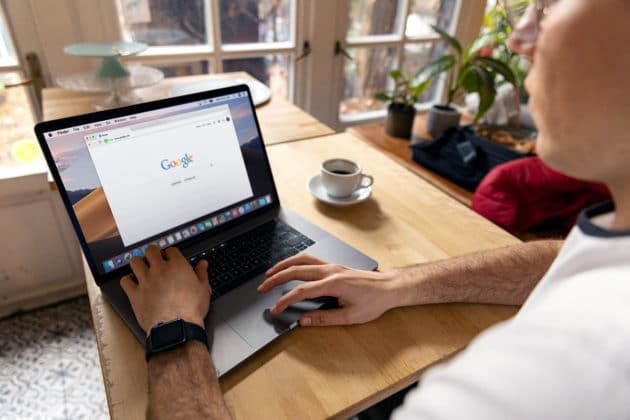
Different web browsers have different private browsing modes, in which you can browse the internet yet leave no trace behind. Browsing in incognito mode masks your IP address, so the website you are visiting won’t be able to track you. Your browser history will not show you which site you’ve visited. Your online activity will remain hidden in this way. This is by far, the safest way to protect your online privacy. Even cookies will be blocked. Firefox has the ‘Private Browsing’, Google Chrome has its very own ’Incognito Mode’. In Edge, you can do InPrivate Browsing. Whichever browser you use, it will keep you protected.
Recommended for you: Privacy, Security & Health Risks of Social Media & How to Prevent Those.
Antivirus software

Installing antivirus software is the most common way of protecting your online activity. Your antivirus will block malware, Trojans, spyware and block suspicious programs from installing and stealing your private data. You must go for a trusted and popular antivirus program that not only scans your computer all the time but provides internet security when you are browsing. The moment you visit a suspicious website, your antivirus software will block it and remind you that you are about to visit a suspicious website. An antivirus that offers regular updates to its database is often the most popular choice, as it is regularly updating its databases and installs fresh updates.
Use a VPN
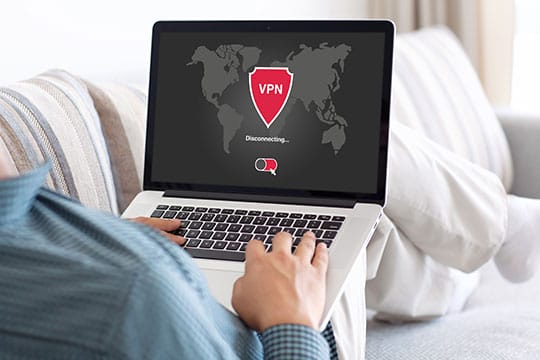
When you browse with a VPN server, your IP address gets redirected to a VPN network. VPN hides your data so that your ISP (Internet Service Provider) won’t know of your browsing data. It creates a private sort of tunnel between your ISP and some remote VPN server. Surfing with VPN is mostly beneficial when surfing in a mall, coffee shop where the WiFi can’t be trusted. Cybercriminals will not be able to get a trace of your online activity when you use a VPN connection for browsing.
Limit info on social media

Social media is like a hotbed of private information and cybercriminals take advantage of your private photos, videos, and data to track you. You should not share too much personal data and financial details on social media. Location is what gives you in, and you should hide your location most of all. Also be aware that oversharing on social media like Facebook or Twitter, can land you in trouble. It is best to use security questions when logging onto your social media accounts. Personal questions make it difficult for thieves to identify you. You should also use a complex password and change it often so that it becomes tough for cyber thugs to get to your social media posts.
Be careful where you click
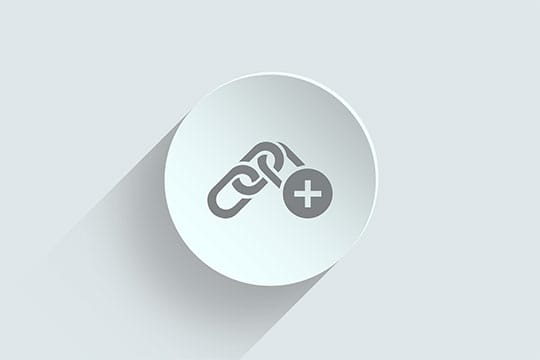
Phishing today is the latest trick by cybercriminals to know your financial transactions. It is therefore strongly advised that you do not click on any suspicious-looking link that you receive in emails or SMS messages. You should be aware of Phishing scams and be able to judge and identify suspicious-looking links. Clicking on these links will land you on some webpage that looks authentic but is a way to collect personal financial data. You should not log in to such websites and also remember that no bank will ever want to know your financial data. General awareness about the dangers of internet browsing and the latest info on cyber crimes will help a great deal in this.
Secure smartphones
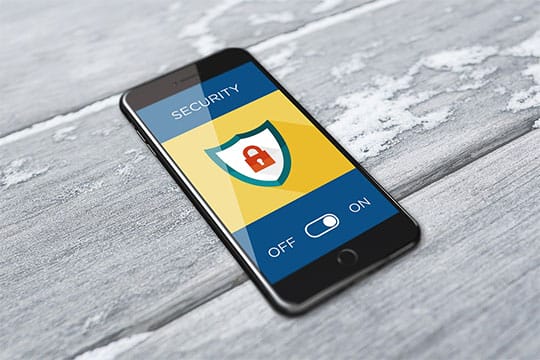
In today’s world, people browse through the internet on their mobiles more than on their desktop computers or laptops. Even online shopping is mostly done on a smartphone and even financial transactions are done through smartphone apps. In such times, it is important to keep your smartphone as secure as possible. Keep an extra layer of protection with a passcode. It may seem frustrating to enter the passcode every time, but it will prevent the smartphone from falling into the wrong hands. Also, don’t download suspicious-looking applications and keep them safe when it comes to downloading games. Update your smartphone from time to time.
Different passwords
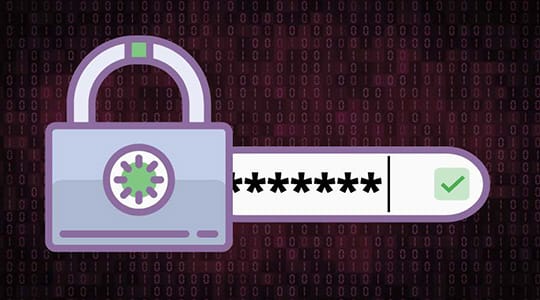
It is common for people who choose the same password for every login. But it could spell trouble as it becomes so very logical for hackers to get to your private data. Instead, use a stronger password, a combination of numbers, characters and special symbols will do wonders for you. Use Password Managers as they will instantly create and manage passwords for online shopping and other such websites. In this way, you will have a different password for every login you have, and that password also is not predictable. You will then only have to remember the login and password to unlock the Password Manager itself. It is so productive too, as you do not have to go through the trouble of remembering your passwords and trying to reset a password every time you forget it.
You may like: 9 Ways eCommerce Businesses Can Address the Privacy Concerns of Customers.
Use two-factor authentication
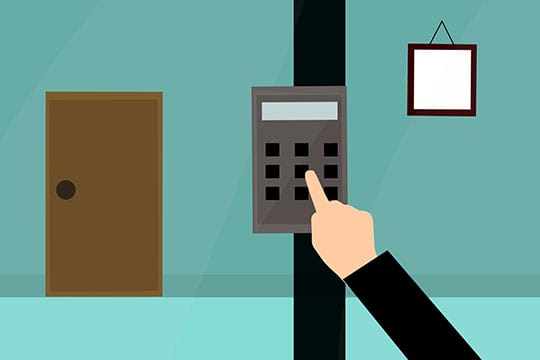
When you use an extra layer of security when trying to log in to your email account or your social media account, you make your online presence so much more secure. Two-Factor Authentication adds an extra layer and it requires more than just the password and login-id to log in to your account. Gmail, Dropbox, Evernote, Amazon are just some examples of how two-factor authentication is applied to secure you online. If ever you come across this two-factor authentication you should never get bored of using it. It means that you can use facial recognition or your fingerprint or a security key and not just trust your password to secure your account. Even if a hacker tries to hack your account, that extra layer of security will not allow them access to your account.
Clear your cache

Your browser cache is like an open doorway to enter your computer or smartphone and steal your data. So whenever possible, delete your cache data. Cache data contains your website cookies, saved searches, browsing history, images, files, videos, and other personal information that might fall in the wrong hands and do more harm to you than you could ever imagine. All the popular web browsers today like Chrome, Firefox, Edge, Opera have the option to delete cache memory. You can go to the History and Manage History option to clear the cache, or simply press Ctrl+Shift+Del to open a popup box that allows you to delete cache data. You may also delete cache for a particular period, and if you have installed some extra themes or extensions, you may lose them.
Turn off the save password feature in browsers
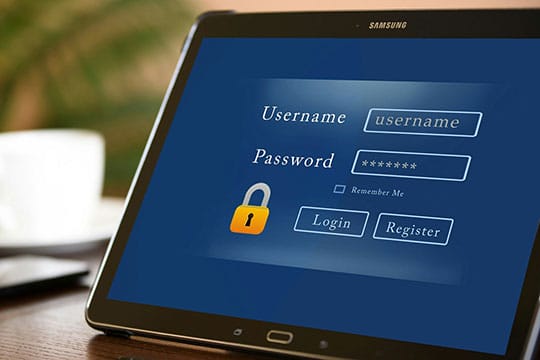
Why give your browser the task of storing and remembering your password when your Password Manager can do that? Allowing your browser to remember your login and password details is a sure way to let hackers know to find their way into your data stored in your computer. And your browser will let them know all about it. Instead, don’t allow your browser to remember your password, and install a Password Manager. All your passwords are generated by your Password Manager. You have to only remember the login details of the Password Manager.
Don’t use public WiFi

Many people may be on the same public WiFi network, the ones that are available in shopping malls, cafes, resorts. This public WiFi is not encrypted and as such, your data is also not safe. You should never log in to such public WiFi networks without knowing the loopholes in using them. Use a VPN network instead or use your mobile hotspot when you need to browse online shopping sites at such public spaces. Sensitive data such as login and password, credit card details can be secured from such public WiFi networks. It keeps you safe and secure.
Encrypt your data
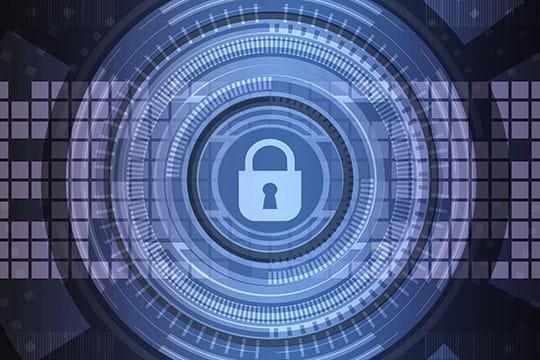
While using apps, you should choose the one that uses end-to-end encryption. That means that only you and the other person whom you are chatting with can know the content of the chat, and nobody else. Apple iPhone also uses an encryption service to encrypt its messaging app. Even hard disks, files, flash drives can be encrypted. You can also choose encryption for particular files and folders if you so choose. Even if you lose your laptop, your data is encrypted and it is simply illegible for the thief. He cannot read the data that is encrypted.
Backup your data
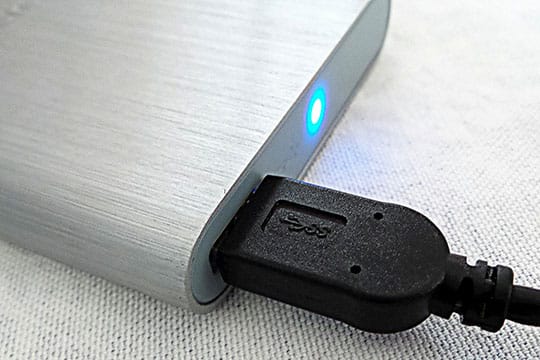
Backing up your data creates a duplicate copy of your data. Even if your laptop is stolen, or your computer crashes, your data is safe, that is if you have done a backup of it. You can back up your data in a separate external hard disk or on a cloud-based server. You can download the data from the cloud whenever you wish, and trust that it is safe. There are many cloud-based data backup options available, free and paid. You can upload all your sensitive files to the server and keep them safe.
Disable Bluetooth when not in use
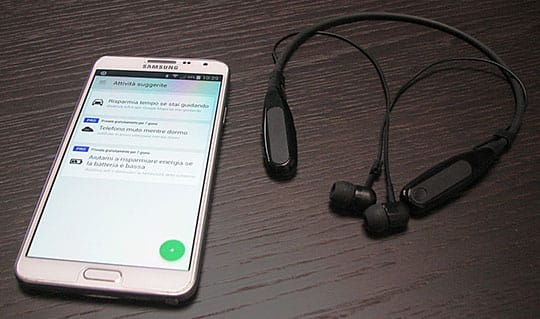
An active Bluetooth connection is an invitation for data hackers to hack into your computer or smartphone. Keep your Bluetooth connection off when not using it, and you invariably disable a connection altogether. Your smartphone will not be detected and thus, nobody will be able to steal data.
You may also like: Chrome vs Firefox: The Performance, Security & Privacy Comparison!
Final words

You cannot take anything for granted, even your online privacy. That is why it becomes so much critical to exercise caution when you are making an online transaction or posting to social media. It takes some kind of internet literacy and social media awareness when you are taking to the internet for information. Mind you, the world of the web though may seem to be safe, now is an open field for cybercrime and online frauds. These often make money through deceit and more often, you are the victim. You can prevent it from happening by following the steps given above. Make sure that you adopt the best online practices and keep your private digital data safe.






